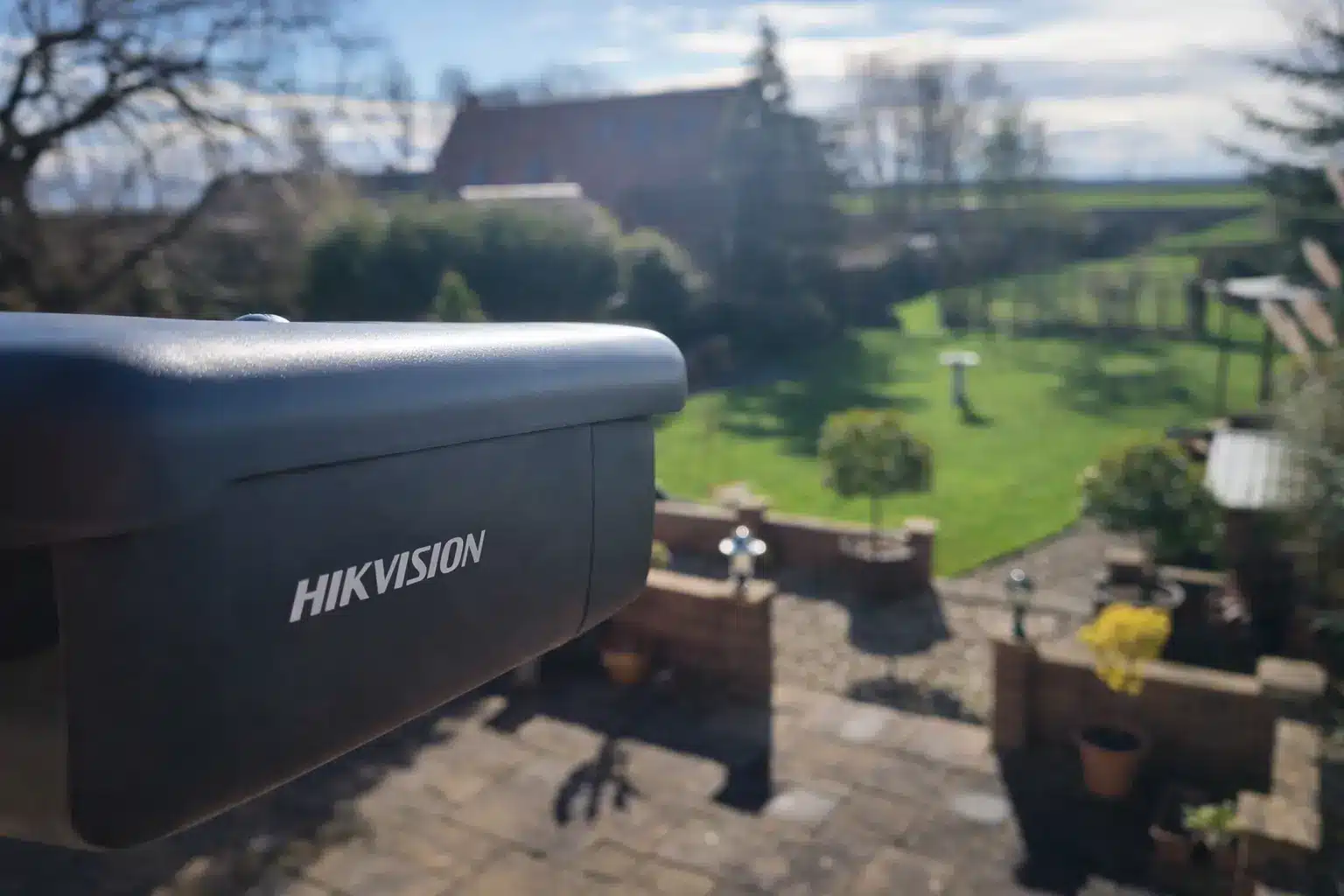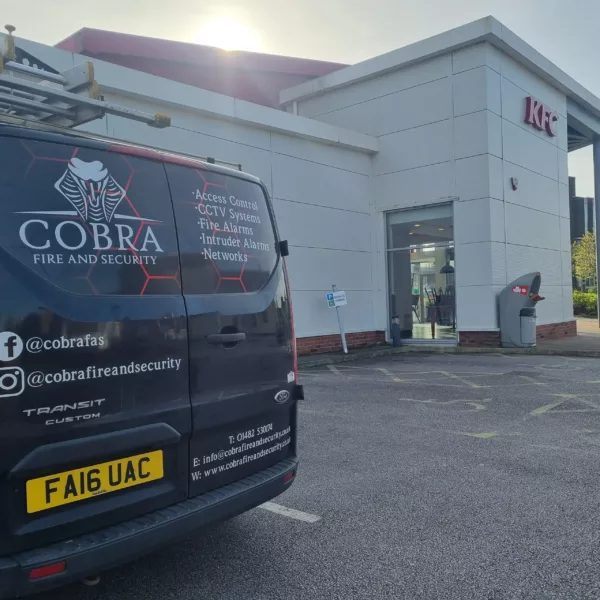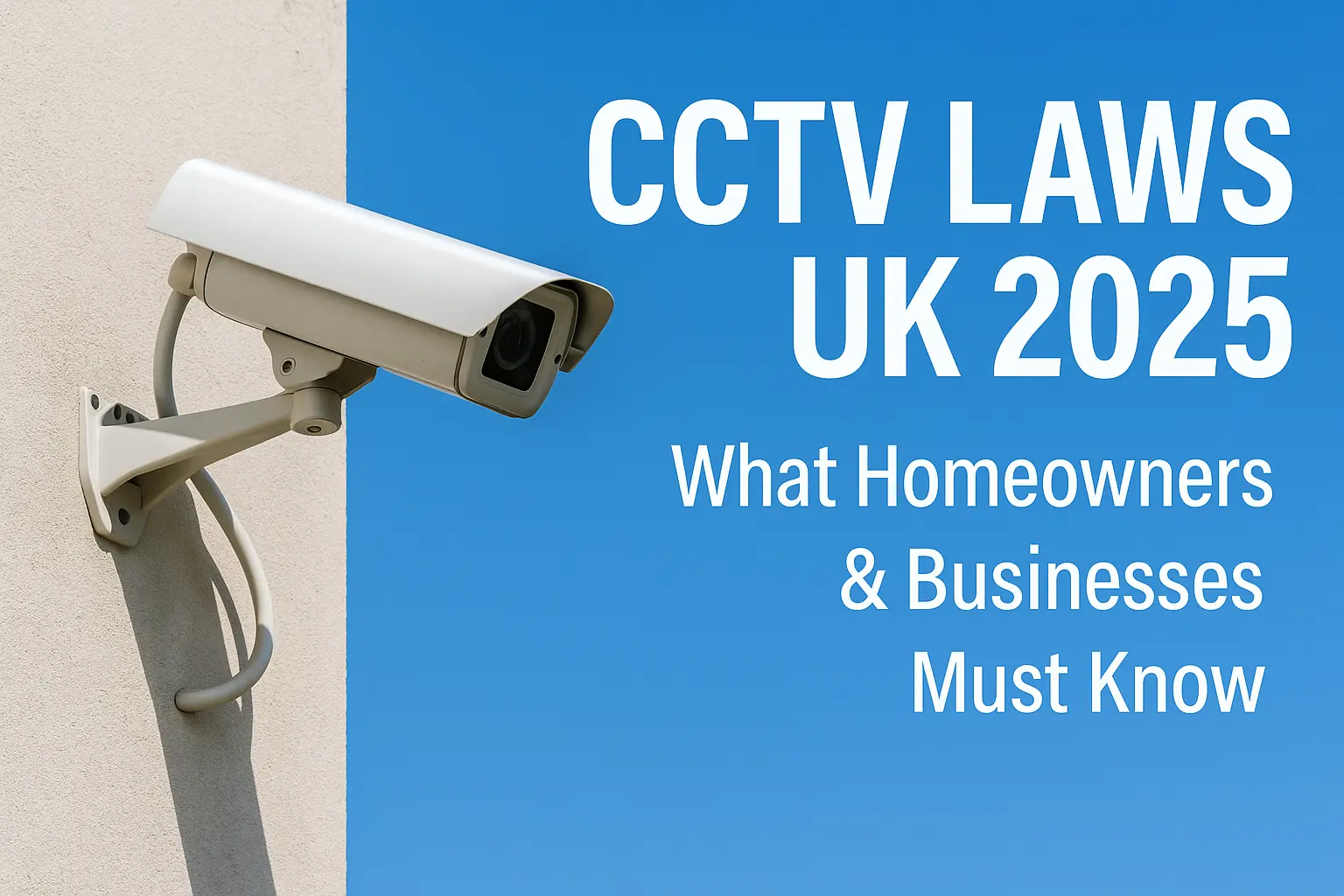
Does CCTV Really Reduce Crime in the UK?
When you look at the evidence, the answer is yes — when CCTV is installed and used correctly. But the way it’s designed, positioned, and managed makes a huge difference to how effective it really is.
This guide looks at the real impact of CCTV on crime in the UK, what the research says, and where CCTV works best in practice.
Does CCTV Reduce Crime?
Multiple UK studies show that CCTV can reduce crime, particularly:
-
vehicle-related crime
-
theft from shops
-
vandalism
-
anti-social behaviour
-
unauthorised access
CCTV works best as a deterrent — people are less likely to offend when they believe they will be identified.
However, CCTV is most effective when it’s:
-
clearly visible
-
well-positioned
-
supported by good lighting
-
monitored or regularly checked
This is why professionally designed systems outperform poorly placed DIY cameras.
What UK Research Says About CCTV
UK police-backed research and academic studies consistently show that CCTV:
-
reduces vehicle crime in car parks
-
lowers shoplifting in retail environments
-
helps identify suspects faster
-
supports prosecutions with usable evidence
The College of Policing and Secured by Design both highlight CCTV as part of a wider crime prevention strategy — especially when combined with access control, lighting, and good site design.
CCTV is not a silver bullet, but it is a proven part of effective crime reduction when used properly.
Where CCTV Is Most Effective
Retail and commercial premises
Shops using CCTV typically see:
-
reduced shoplifting
-
fewer disputes
-
improved staff confidence
This is especially true when cameras are positioned over:
-
entrances/exits
-
tills
-
high-risk aisles
If you run a shop or business, see our CCTV installation service for systems designed around real-world risks.
Car parks and vehicle crime
Car parks with CCTV experience:
-
fewer thefts from vehicles
-
fewer vehicle break-ins
-
improved user safety
Cameras with good lighting and clear signage are key here.
Residential properties
Homes with visible CCTV are often:
-
less attractive to opportunistic burglars
-
less likely to be targeted repeatedly
However, coverage must include:
-
entry points
-
side access routes
-
driveways and rear gardens
Doorbell cameras alone don’t always cover these areas.
CCTV as Evidence: After an Incident
Even when CCTV doesn’t stop an incident entirely, it still provides:
-
time-stamped footage
-
clear identification
-
reliable evidence for police
-
protection against false claims
Professionally installed systems are far more likely to produce footage that is usable, not just viewable.
This is where image quality, camera angles, and recording reliability really matter.
Monitoring vs Recording: A Key Difference
Standard CCTV records incidents after they happen.
When combined with 24/7 CCTV monitoring, systems can:
-
trigger real-time responses
-
issue audio warnings
-
escalate incidents quickly
-
reduce damage and loss
This active approach significantly increases CCTV’s effectiveness as a crime prevention tool.
👉 Learn more about 24/7 CCTV monitoring and response.
Does CCTV Just Move Crime Elsewhere?
This is a common concern.
Research suggests that while some offenders may move on, many crimes are prevented entirely, particularly opportunistic offences where criminals choose easier targets.
In short:
Criminals prefer properties without visible security.
Legal and Ethical Use of CCTV
To maintain public trust and remain compliant, CCTV must be used responsibly.
This includes:
-
clear signage
-
appropriate camera positioning
-
sensible retention periods
-
respecting privacy
For a full breakdown, see our guide to CCTV laws in the UK.
CCTV Works Best as Part of a Wider Security Plan
CCTV is most effective when combined with:
-
good lighting
-
secure doors and locks
-
access control
-
alarm systems
-
regular maintenance
Poorly maintained or badly positioned cameras quickly lose their value.
Our CCTV maintenance services help ensure systems stay reliable long-term.
FAQs – CCTV and Crime Reduction
It reduces risk, particularly opportunistic burglaries, but works best alongside physical security and lighting.
Yes — when cameras are designed for low light and positioned correctly.
For many homeowners, CCTV provides both deterrence and peace of mind.
Yes — clear, time-stamped footage can significantly assist investigations.
Final Thoughts: Does CCTV Make a Difference?
If you want CCTV that actually reduces risk — not just records incidents — professional design and setup matter.
Reviewed: 12/01/2026 Our articles are reviewed regularly. However, any changes made to standards or legislation following the review date will not have been considered. Please note that we provide abridged, easy-to-understand guidance. To make detailed decisions about your security provisions, you might require further advice or need to consult the full standards and legislation.
Share this article
Written by : Michael Winter
Follow us
A quick overview of the topics covered in this article.
- Does CCTV Really Reduce Crime in the UK?
- Does CCTV Reduce Crime?
- What UK Research Says About CCTV
- Where CCTV Is Most Effective
- CCTV as Evidence: After an Incident
- Monitoring vs Recording: A Key Difference
- Does CCTV Just Move Crime Elsewhere?
- Legal and Ethical Use of CCTV
- CCTV Works Best as Part of a Wider Security Plan
- FAQs – CCTV and Crime Reduction
- Final Thoughts: Does CCTV Make a Difference?
Latest articles
February 27, 2026
February 27, 2026
February 27, 2026





